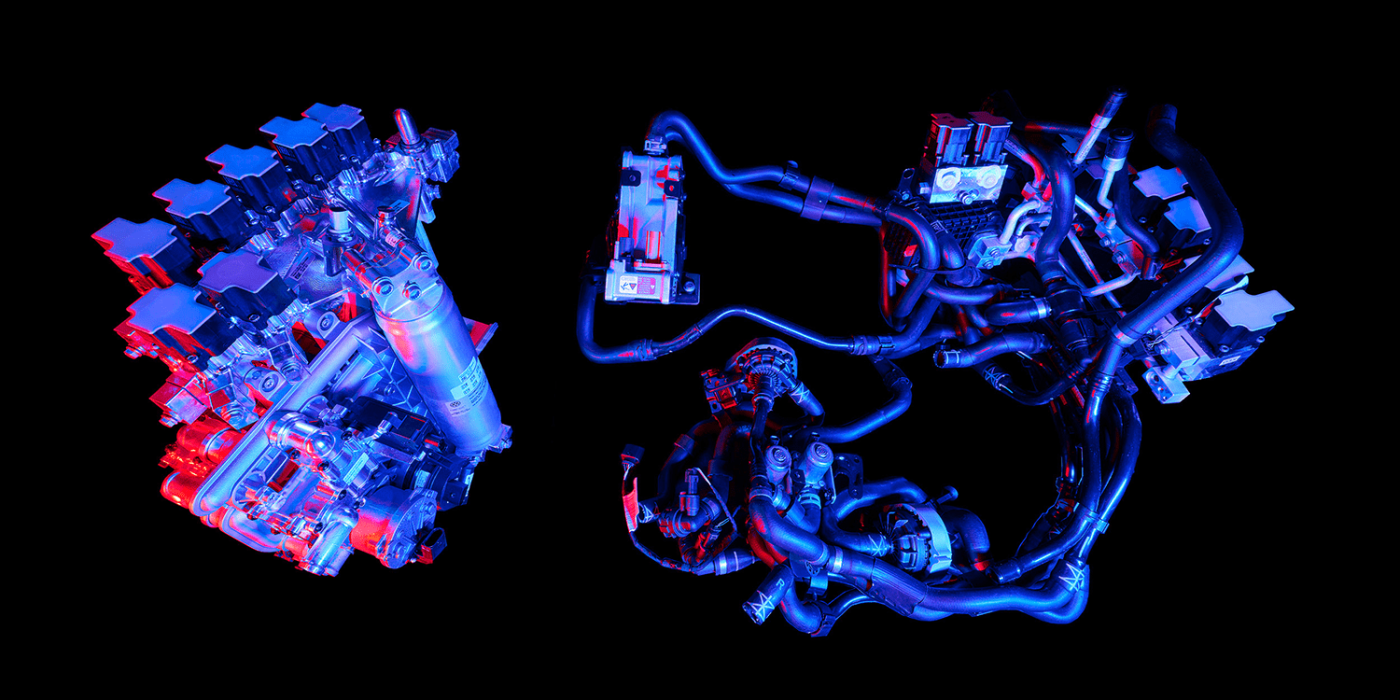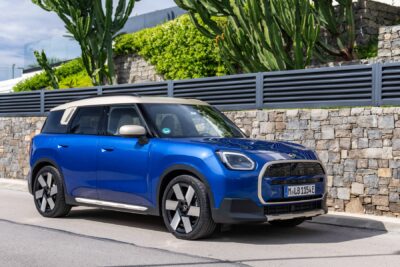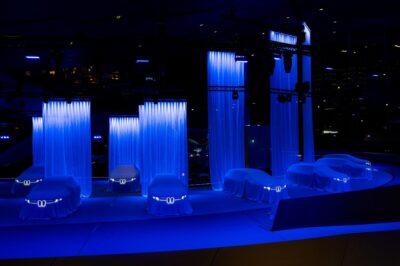VW develops own pulse inverters and thermal management
In addition to the battery and the electric drive, Volkswagen Group Technology is now also developing the pulse inverter and the thermal management itself for electric drives. As with other components, the VW developers have opted for a modular system. The first application will be in the MEB+.
For the first pulse inverter “designed by Volkswagen”, the engineers have “redesigned this core component from scratch in terms of hardware and software”, according to the Volkswagen press release. Thanks to the modular design principle, the entire range from entry-level engines to sports cars with 500 kW and more power can be realised in the future.
The pulse inverters are a key component in the electric drive system. In these components, the direct current from the battery is converted into the three-phase current for the electric motors, so the entire drive energy passes through the components. The pulse inverter is crucial for the reliability, safety and efficiency of the drive during acceleration and recuperation. If a pulse inverter does not work efficiently, valuable drive energy is lost in the form of heat. Since this heat must be dissipated, the cooling requirement increases – and with it the energy consumption of the cooling system.
The technology is currently being developed to series maturity and can be used with the next MEB generation. Since the introduction of the SSP electric platform in VW’s flagship Trinity will probably be delayed by at least two years from 2026 (other reports even speak of 2030), Volkswagen needs a technical platform on which new models and facelifts of existing models can be built in the coming years. Therefore, the MEB is being revised to become the MEB+ with shorter charging times, longer range and “significant leaps” in automated driving functions.
Volkswagen says it is working on completely new thermal management solutions. Where today a multitude of individual modules and long hose connections are used, in future a very compact, integrated thermal module will take over. It controls the entire climate control system, including the high-voltage battery, and thus has a major influence on the vehicle’s range and fast-charging capability.
Modelled on Tesla?
In the world of combustion engines, the various cooling and air-conditioning systems were still decoupled from each other. Since in an electric car, the cooling requirements and the further use of existing waste heat should be handled much more efficiently, integrated systems are the obvious choice. Tesla also relies on highly integrated thermal management with its own specially developed hardware.
According to Volkswagen, the new all-in-one module is to be “significantly lighter, more robust and more efficient” than today’s systems. The company is not yet more specific at this point – so precise details of the improvement are missing.
In addition to the efficiency of the pulse inverters and thermal management systems, the ongoing development also focuses on scalability – “because high economies of scale reduce costs”, according to VW. But here, too, the targeted cost savings are not precisely quantified.
“The Volkswagen Group and its brands stand for first-class products and technologies. Thanks to the size and breadth of the Group, as well as our in-house expertise, we can leverage enormous economies of scale,” says VW CEO Oliver Blume in the carmaker’s Tech Day 2023 announcement. “This benefits our customers and makes our vehicles even better.”
“Our goal is to achieve technological leadership, also in electric mobility. That’s why here, too, we rely on our internal competencies and, after battery cells and electric motors, we are taking over the development of pulse inverters and thermal management systems,” says Thomas Schmall, the Group’s Chief Technology Officer. “In future, this will make the Volkswagen Group one of the only car manufacturers in the world that’s able to offer a holistically optimised complete system.”





2 Comments